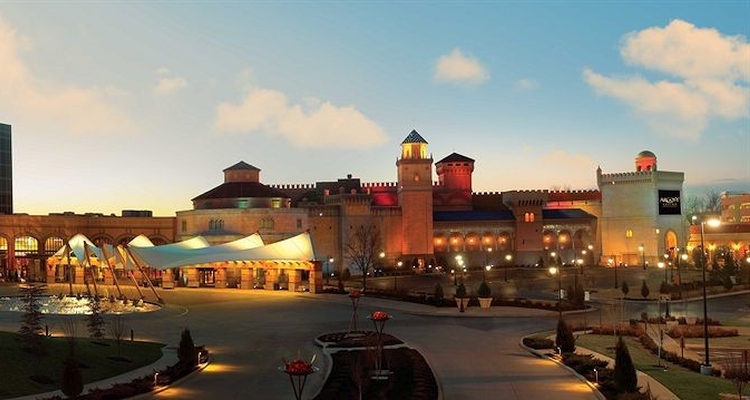In a unanimous decision on Wednesday, the Missouri Gaming Commission voted 5-0 to allow the transfer of Pinnacle Entertainment’s casino properties in Missouri to a real estate investment trust (REIT).
The casinos will continue to be operated by Pinnacle by leasing them from the REIT, Gaming and Leisure Properties Inc., known as GLPI. Pinnacle’s casinos, Ameristar Kansas City, Ameristar St. Charles, and River City, in Lemay, will be directly affected. Because the land and buildings housing the Hollywood Casino, Argosy Alton, and Casino Queen are already owned by GLPI, it will be the landlord of all of the six St. Louis-area casinos but one, according to the St. Louis Post-Dispatch. The only casino in the St. Louis market to be outside GLIPI’s ownership is Tropicana Entertainment’s Lumière Place casino on the riverfront.
In July, Las Vegas-based Pinnacle said it would sell its 14 casinos, in a deal valued at $4.75 billion including debt, to GLPI. This type of deal allows casino owners to sell or convert properties into an REIT, enabling them to trade higher on the stock market because they aren’t burdened with long term property debt and enjoy breaks on federal income taxes.
Opposed to Pinnacle’s latest deal with GLPI is Unite HERE, a union representing casino workers. According to the union, the agreement gives ownership to GLPI casinos that produce 66 percent of gambling revenue in Kansas City and 86 percent in the St. Louis area and is anticompetitive. In November, the union said, “It also sets a dangerous precedent just as other national gaming companies are considering creating their own REITs and leasing their properties to captive or third-party operators.”
The union said the agreement was anticompetitive and puts in GLPI ownership casinos that produce 86 percent of gambling revenue in the St. Louis area and 66 percent in Kansas City. Prior to gaming commissioners voting in favor of the deal, union representatives made a presentation to the governing body. One last regulator still needs to approve the acquisition, the Louisiana Gaming Control Board, which according to a Pinnacle press release is expected to vote next month.
In November, the union asked the Indiana Gaming Commission to nix Pinnacle’s plan on the grounds that state allocations would be exceeded by the deal. Indiana state law prohibits entities from owning more than two properties in the state.
Pinnacle currently owns 15 gaming entertainment properties, located in Colorado, Indiana, Iowa, Louisiana, Mississippi, Missouri, Nevada and Ohio.



